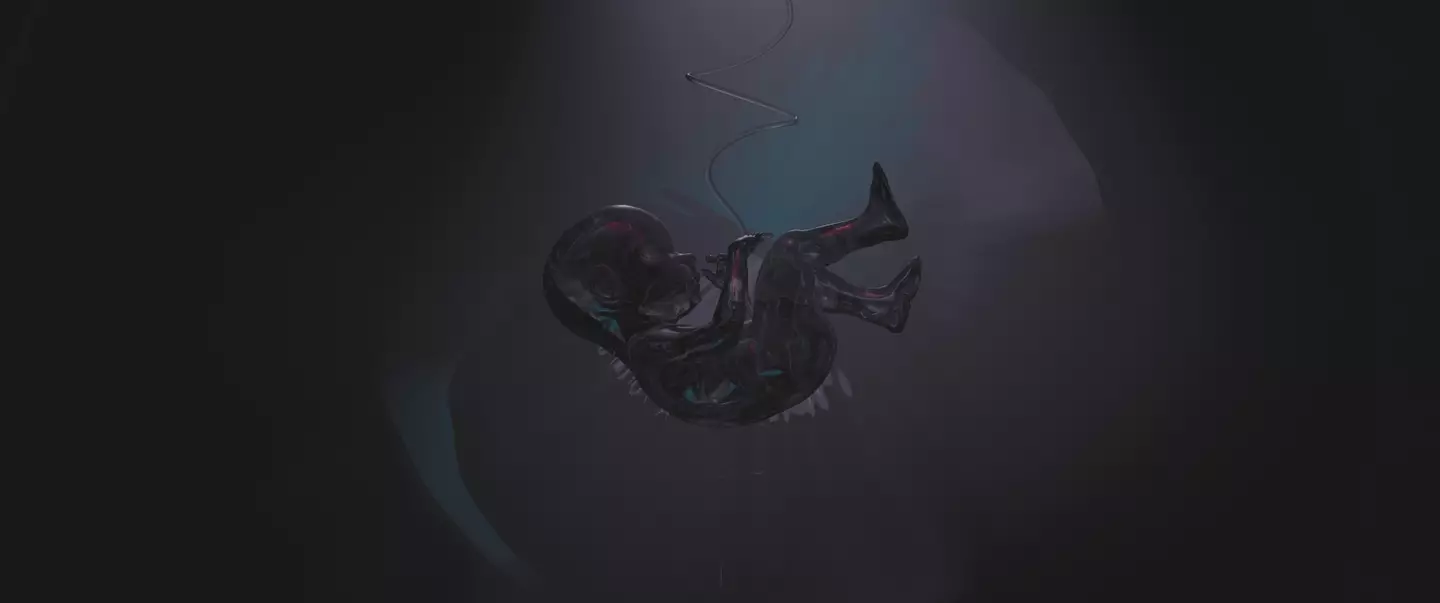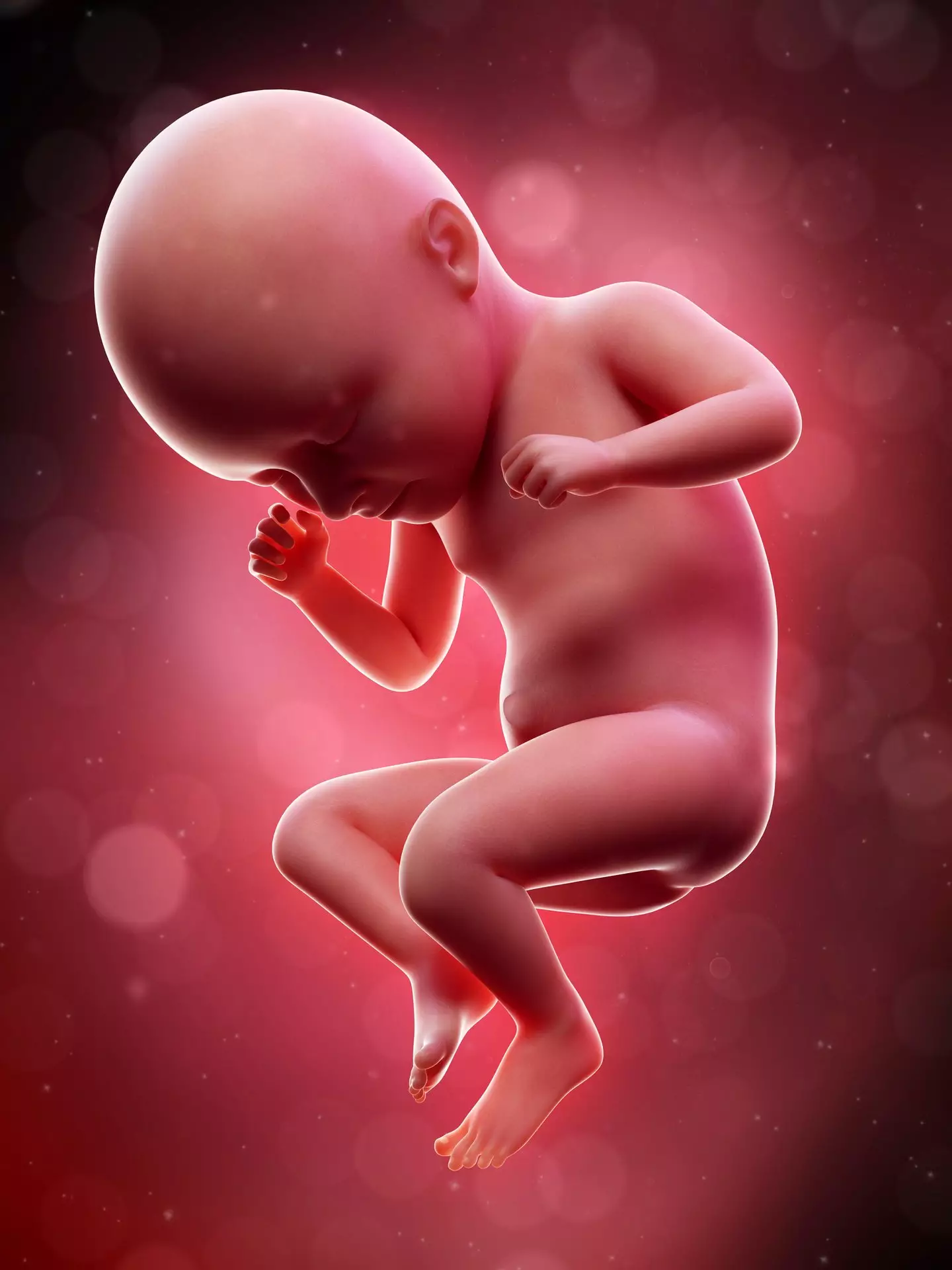
The technology age has produced major results, and now it’s taking over biology.
Chinese scientists have announced the arrival of the first robot able to carry and birth live babies could be here very soon.
China is supposedly working on designing a robot with an artificial womb, allowing it to mimic the process of pregnancy from conception to birth.
According to Chosun Biz, it’ll receive nutrients through a hose in its abdomen and will carry the foetus for approximately 10 months.
Advert
The robot was thought up by Dr Zhang Qifeng, the founder of Kaiwa Technology in Guangzhou, China, and it could debut as early as next year.
The technology has the potential to revolutionise conception for those who are struggling to conceive, and it could cost 100,000 yuan, or £10,385.22.
This is less than paying for a surrogate.

Dr Zhang Qifeng said of its ‘mature’ development: “Now it needs to be implanted in the robot’s abdomen so that a real person and the robot can interact to achieve pregnancy, allowing the foetus to grow inside.”
While it’s not known how the sperm will fertilise the egg to create an embryo to be implanted, it is said that the baby will live inside the robot’s body for the entire gestation period.
Dr Qifeng explained the robot will also carry artificial amniotic fluid to mimic a womb-like environment.
The concept supposedly recalls on the concept of a temperature-controlled ‘biobag that was used in 2017 by researchers at the Children's Hospital of Philadelphia, to keep premature lambs alive for weeks.'
However, some experts claim this is all a hoax.
"Pregnancy is an extremely complex process, with each step being extremely delicate and critical," said Yi Fuxian, an obstetrician at the University of Wisconsin–Madison to Newsweek.

He said the whole thing is ‘likely just a gimmick’ and that there could be ‘many health and ethical risks’ involved.
“Many health risks emerge at different ages—not to mention mental health issues,” he said.
Even researchers at The Children’s Hospital of Philadelphia claimed the technology could have broader impacts than simply allowing people an option to have a child without the use of human surrogacy.
“A concern is that it could lead to the devaluation or even pathologizing of pregnancy, and may diminish women's experience of deriving meaning, empowerment, and self–fulfillment from this unique aspect of female biology.”
But the creator is still pushing forward with his dream and has claimed to be in talks with authorities about making it a reality.

“We have held discussion forums with authorities in Guangdong Province and submitted related proposals while discussing policy and legislation,” Dr Qifeng said.
While he claims to be submitting proposals in relation to furthering the technology, others feel like they’re witnessing a giant breakthrough.
“I feel like I was witnessing firsthand . . . the first lightbulb or the first car,” said Joseph Dube, head of marketing at KraneShares as per the NY Post. “People were amazed. Some people were terrified. It was a major mixed bag of reactions.”
Topics: Parenting, Pregnancy, Science, Technology, World News, Health
